Is gut feeling real? We’re sure you’ve heard of it. It's the tingle down your spine, your arm hair raising, accompanied by that warm feeling in your belly.
What do we mean by this? It’s that unconscious knowledge prompting you to say yes to an intriguing and tempting business opportunity. Perhaps you can recall that one time you met someone and just had the feeling you’ll get along. You may have heard someone say they felt it was time to move to a different city or country. But is it really about just “feeling” or is there a scientific explanation for it? We consulted psychotherapist Kathleen Chong and life coaches, Shamala Tan and Sophie Leung.
What is a gut feeling?
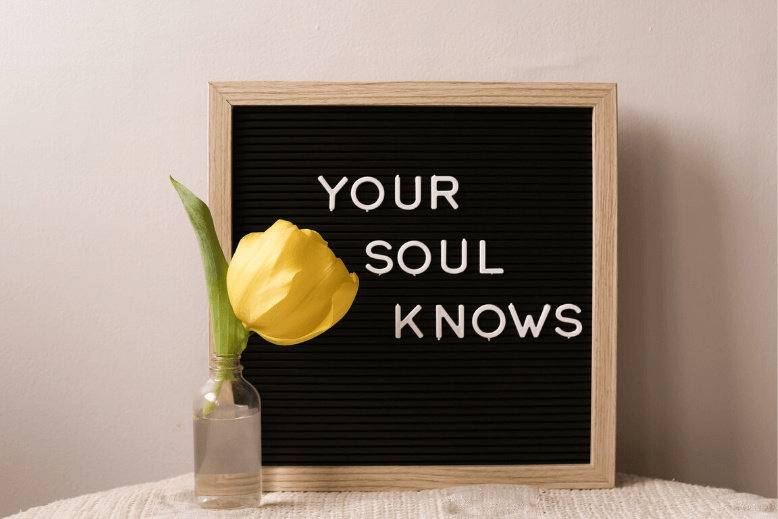
(Photo from: Ava Sol via Unsplash)
You may know gut feelings by another term: intuition. “Intuition can be defined as the unconscious way of how we perceive information,” explained Kathleen Chong, counsellor and psychotherapist at Sofia Wellness Clinic.
“Intuition is at work anytime and anywhere without us even being aware of it,” she added. “From bringing an umbrella out even though weather forecasts report of a sunny day, to addressing larger issues such as developing plans, solving problems, or creating opportunities.”
However, intuition is not just an emotional abstract concept. There’s a science to it too. “Scientifically, intuition has been associated with the right side of our brain, which is characterised as the ‘creative’ part. It is also linked to the brain’s hippocampus as well as our digestive system or gut, hence coining the term ‘gut feel’,” she added.
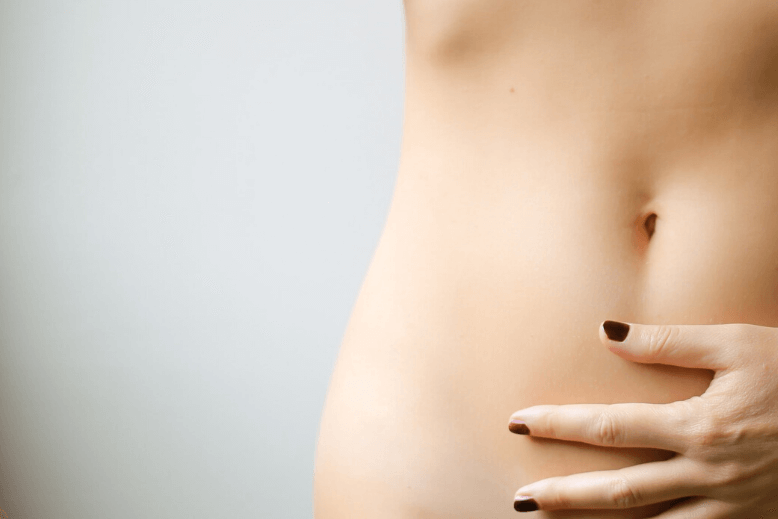
(Photo from: Ava Sol via Unsplash)
“Some would say that how we perceive our environment causes our body to react and release certain hormones or chemicals that affect the way we feel and vice versa,” Kathleen shared.
For example, scientists have found that women’s corpus callosum — the connective white matter that connects our left and right brain hemispheres — is thicker when compared to those in men. According to Dr. Judith Orloff, an American psychiatrist, this physical trait allows women to tap into both hemispheres and use both their emotions (gut feeling) and logical reasoning when making decisions. In the same vein, it suggests that men are more streamlined and compartmentalised in their thought and decision-making processes, making them less in tune with their intuition.
Another research tried to quantify people’s intuition in a lab setting by showing participants subliminal images (without them knowing) while they try to make accurate decisions. The researchers found that the “unconscious information” helped the participants make confident and accurate decisions. The results only improved as the study progressed.
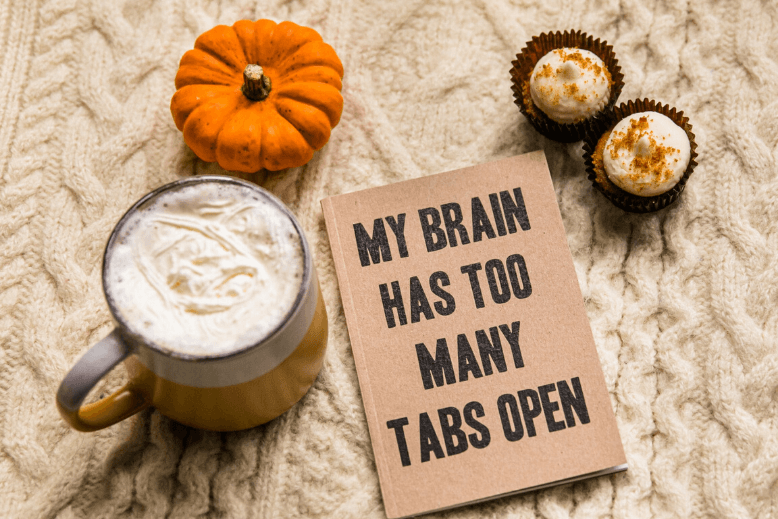
(Photo from: That’s Her Business via Unsplash)
On another note, some scientists also think that your gut and intuition go hand-in-hand since our digestive system also has neurotransmitters — the molecules that serve as our neuron’s messengers — that send signals to our brain in response to our current environment. So that queasy feeling when you’re uncomfortable or the butterflies in your stomach when you’re happy may just be your gut trying to tell you something.
There’s still a lot of research that needs to be done, but what we have already discovered is quite amazing. The brain is truly a wonderful and mysterious thing.
Is it my gut or something else?
However, some people may also label their gut feelings as an anxious response to the unknown. Kathleen dispels this misconception, saying there’s a clear difference between the two.
“Feelings of anxiety are normally a reaction to a perceived threat. One would experience negative reactions such as an adrenaline rush, sweating, stomach pains, panic, and difficulty breathing,” she explained.
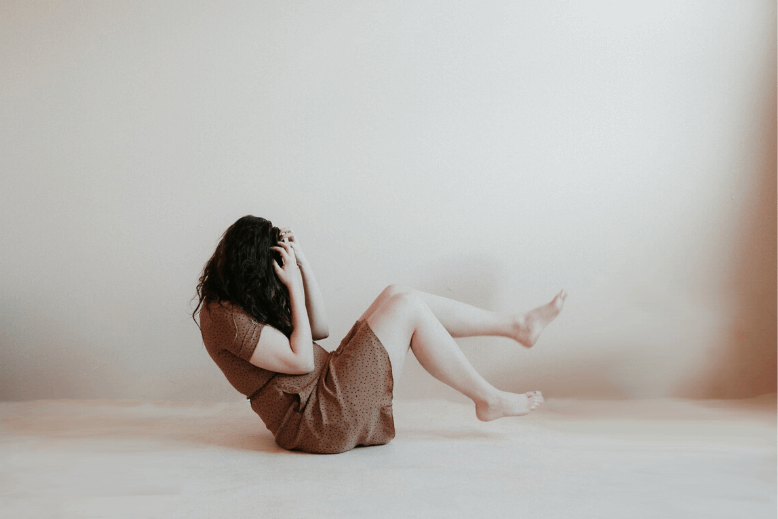
(Photo from: Priscilla Du Preez via Unsplash)
On the other hand, she describes your intuition as a “pleasant” and “non-threatening” feeling. If it feels good to make that decision, it’s more than likely that it’s your gut feeling in action. In fact, a study also found that anxiety can impair any decision-making, hence suggesting that it can also prevent you from listening to your intuition. Still, more research is required to see the true relationship between anxiety and intuition.
Don’t feel bad if you can’t tell the difference, though! Kathleen says that it’s only human to experience a gamut of emotions and not be immediately able to tell one from another. “To differentiate intuition from other emotions, such as anxiety and excitement, we need to have self-awareness and be in tune with our feelings and physical reactions.”
Life coach and certified hypnotherapist Sophie Leung agreed, saying that intuition is inherent in all of us. We just have to tap into it and listen carefully. “In today's society, we are conditioned to rely on our logical and analytical minds for the outcomes that we want because it is tangible,” she said. “The thing that human society missed out on is that we already have an inner GPS that is our own unique intuition which has always been with us since Day One of human existence.”
Trust your gut
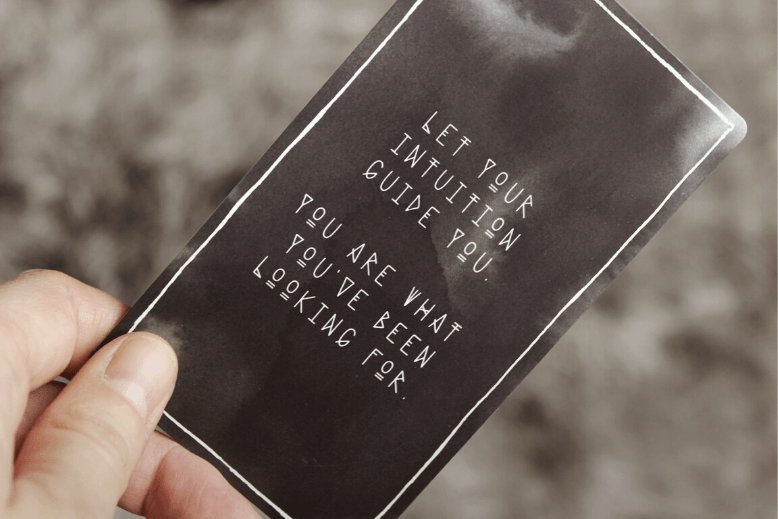
(Photo from: Jen Theodore via Unsplash)
“Intuition is the most accurate when you don’t overthink or analyse it,” Kathleen explained. “It is a quick decision-making ability, where one is willing and ready to bear with the outcome of their decision.”
However, she also explained that sometimes your gut feeling is not enough and that it truly depends on the situation as well as who else is involved. “There are times where our intuition alone isn’t enough to support a decision because this decision may involve other people or stakeholders that we may need to convince beforehand,” she explained. In these situations, other factors such as having concrete evidence and data are important before taking action.
However, despite numerous accounts and some research indicating that gut feeling is real, not everyone relies on or trusts their intuition. This negates the entire purpose of gut feeling, so it’s easy for people to brush it off as “not real”. “If we have doubts about it, then it’s very likely we already don’t trust our intuition from the very beginning,” Kathleen said. If so, it’s perfectly okay to rely on other factors.
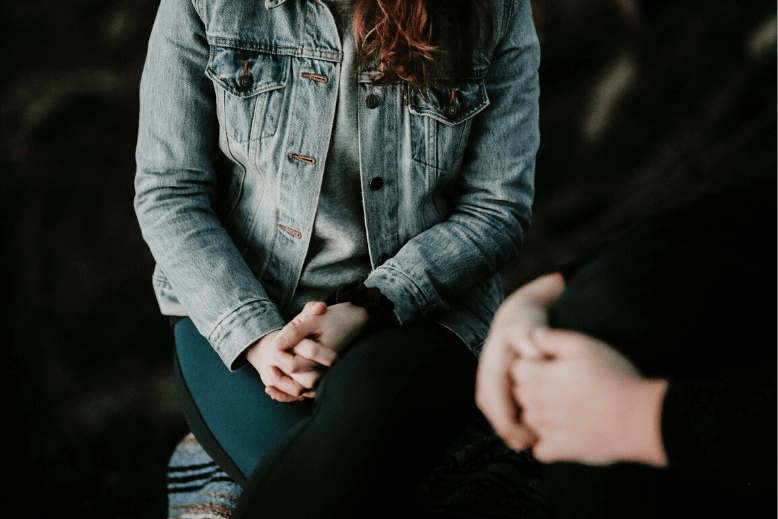
(Photo from: Priscilla Du Preez via Unsplash)
It also helps to get some guidance from a trusted external source, to get a “validation” that your gut feeling is real or someone to help objectively dissect the situation. As someone who has to trust her gut in her job, Singapore-based life coach Shamala Tan believes that everyone benefits from external guidance. “I believe that any intuitive or psychic who does not work with a psychotherapist on an ongoing basis as a way to keep track of their own psychology runs the risk of giving misdirection and projections.”
Okay, so how do you actually trust your gut? Shamala said she uses her intuitive abilities to help others connect to their own intuition. “There are several ways I do this. I tune into their distress as well as their emotional and energy blockages, as most people are not in touch with these things about themselves.”
Sophie uses the same approach. “My intuition guides me in knowing what the other person is experiencing and feeling, maybe even without them knowing what they are experiencing for themselves” she said. “It supports me in knowing what is needed at that time to support them on their healing journey.”
Gut feelings at work
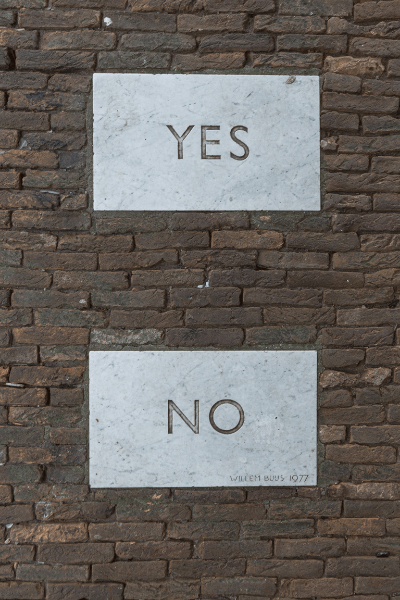
(Photo from: Florian Shmetz via Unsplash)
Your gut feelings largely come into play when decision-making. Everyone has intuitive abilities, but the way we respond to intuition differs greatly from person to person.“Some people may experience intuition but would not act on it because they prefer to have concrete proof and data to support it before deciding. On the other hand, there are people who have followed their intuition and it has worked out for them,” Kathleen said.
People who have seen a positive outcome from following their gut are more likely to trust it in the future. “If a hiring manager had to rely on their intuition to offer a position to one candidate over another, and this candidate turns out to be an excellent employee, then the next time they are hiring the chances of the manager trusting his or her gut feel would be a lot higher,” she added.
As life coaches, Shamala and Sophie both have to trust their intuition when facing clients.
“Most people become more successful in their lives and in what they do if they work out their internal dysfunctions,” Shamala shared. “So the clients who come to me usually have a sense that something is wrong or not working in their lives but they are not clear on what it is.” Using her intuition, she guides them with “laser-pointed direction” on how to deal with the challenge specific to them. “They usually come away with ‘aha!’ moments, implement what has been shared and things start to move in their lives.”
As a hypnotherapist and life coach, Sophie’s intuition is intrinsic to her work. “Through hypnotherapy, my clients are able to regain their worth by letting go of their past traumas and staying present in this moment, and I then focus on coaching them to design a life on their own terms and connect them back to their intuition through the process.”
Intuition can also come from how we see patterns in the information we’re receiving. For example, after seeing multiple clients grapple with similar challenges, our life coaches have noticed a piece of universally applicable advice for most people that avail of their services.
Shamala shared that she tells her clients “to not fear the emotional pain or distress they are experiencing” and that what they’re going through is “part of the human experience.” She added: “These experiences do not define them but truly are stepping stones to a better version of themselves. The key thing is their willingness to work on themselves.”
Sophie has a similar observation. “The answers are always within themselves. Once they start doing the inner work, they will realise they were always born worthy and they start to trust their intuition to live a life they always dreamt of.”
Improving intuition
Of course, just because you think that you don’t have a honed intuition, doesn’t mean it will have to stay that way. “Research also found that with practice and good use, individuals can improve their intuition,” Kathleen explained.

(Photo from: Sage Friedman via Unsplash)
Sophie’s quest to deepen her trust in her gut feeling took years and, to this day, is “an ongoing process.” She added: “Over the years, I have been working on deconditioning the want to control my environment, also to decondition my limiting beliefs, thoughts and emotions about myself and others in order to trust myself and the events that would eventually unfold in life.”
Aside from that, it was a matter of continually keeping in tune with herself in the moment. “I also practised being fully present, connected to my senses and listening to my intuition. By listening to my intuition and following what my intuition was guiding me towards, my life became increasingly more aligned in my career and relationships.”
Shamala also consciously chose to deepen her intuition over the years. “It’s a continual process of gaining clarity psychologically, deepening my inner contemplative practice to make sure that my thoughts are preserved as mine — to the greatest degree possible — and not be influenced by others or mindsets that are less than refined.”
Find a balance
So yes, gut feeling is real. But taking everything into account, should we trust our gut all the time? As with anything, we think there should be a balance. Kathleen sums it up perfectly: “I believe in having balance in everything. There are times when I do follow my intuition and there are times I would have to ignore them and decide based on facts or theories. At the end of the day, you need to feel comfortable making these decisions.”
(Cover photo from: Ava Sol via Unsplash)
Next, let’s talk about the perils of toxic positivity.
Comments, questions or feedback? Email us at [email protected].








